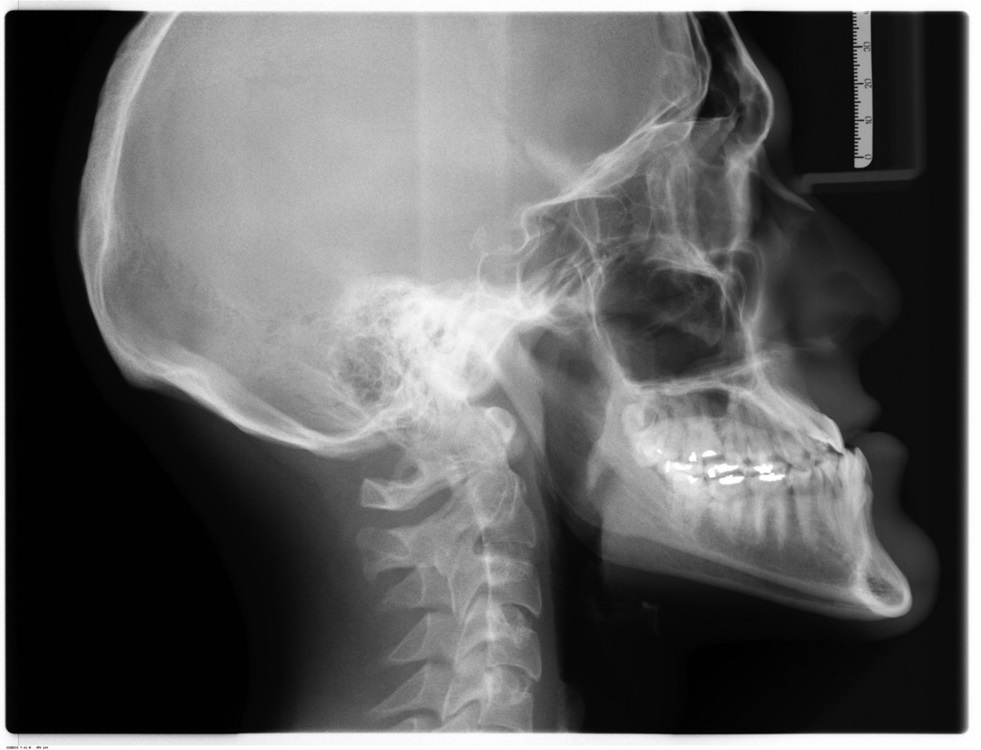Aspyra’s MedVIEW® Series of Viewers and The Grayscale LUT
AccessNET includes two image viewers, MedVIEW and MedVIEW WEB. Both support the display of grayscale images. A grayscale image is made up of pixels where each pixel is displayed as a shade of gray. The number of gray shades available depends on the display device. Typically display devices support 256 shades of gray. When a…
Read MoreExamining the Impact of Technology on the Rising Cost of Healthcare Part 1
A Whitepaper by Gary W. Bennett, President Aspyra, LLC Aspyra is a Medical Device manufacturer providing Laboratory Information System (LIS) software and Picture Archiving and Communication System (PACS) software to Healthcare facilities worldwide since 1985. Consider this statement from a research paper dated July 19, 2000: “In health care research, the impact of medical technology…
Read MoreLaboratory Workforce Shortage
Medical laboratory science professionals (also called clinical laboratory scientists or clinical laboratory technicians) are highly skilled scientists who discover the presence or absence of disease and provide data that help aboratory test results. There are several field options available in the laboratory workplace. Two of the options availphysicians determine the best treatment for the patient.…
Read MoreHow to Overcome Radiologist Burnout
Workplace burnout is a common phenomenon among medical physicians and clinicians, and radiologists are no exception. Due to feelings of depersonalization, emotional exhaustion or a perceived lack of accomplishment, there are many ways workplace stress can take a toll on radiologists. Another factor weighing on radiologists is the disconnect between their ambition and their reality. …
Read MoreIs Your Lab CLIA Ready? [Video]
Failure to keep up with regulatory standards can leave labs exposed to the risk of noncompliance during a regular inspection. https://aspyra.comwp-content/uploads/2019/10/video1-2-1.mp4 Further exacerbating this problem is the assumption that once an inspection takes place, there’s no need to worry about compliance issues for a couple of years. However, waiting that long can leave little…
Read MoreHow LIS Helps Health Care Organizations Achieve the ‘Triple Aim’
Healthcare providers are focusing their efforts toward achieving the “Triple Aim” of improving health across the population, creating a positive experience for those seeking health care and reducing the cost per capita of providing this care. While certainly no easy task, health care IT, such as laboratory information system, can provide the route to reaching these aims.…
Read MoreWhat to Consider When Updating Legacy Health Care Systems
Spurred by the need to address new healthcare requirements such as ICD-10 or digital imaging compliance, many health care organizations are upgrading their legacy systems. Although many clinics and health care organizations are upgrading their legacy systems to EHRs, too often they’re overlooking the adjacent systems, such as picture archiving and communication systems, that create…
Read MoreImproving the Integrity of Lab Reports with LIS
All the work performed in a lab concludes in one key product: the laboratory report. Physicians rely on the data contained in these results to make accurate patient diagnoses. However, the complex world of the clinical laboratory, where hundreds of different tests arrive daily, creates an environment that can make it difficult to maintain lab report integrity.…
Read MoreSoftware End Of Life
Ever wonder if “software end of life” mean your software and systems just die on a specific date? They don’t actually ‘die’, but the manufacturer no longer supports that particular version. That means no fixes or enhancements and, frequently, no further support to answer questions. People will sometimes think “Well, if it’s still running fine…
Read MoreWhat are the Benefits of an LIS?
Too often, decision-makers at clinical labs become entrenched in the status quo. Sometimes this means failing to upgrade their labs with the latest technology. Unfortunately, relying on outdated legacy software to handle important lab functions leads to inefficient workflows, slower turn-around times and lower volume and capacity. Using a laboratory information system (LIS) lets labs conduct more…
Read More








